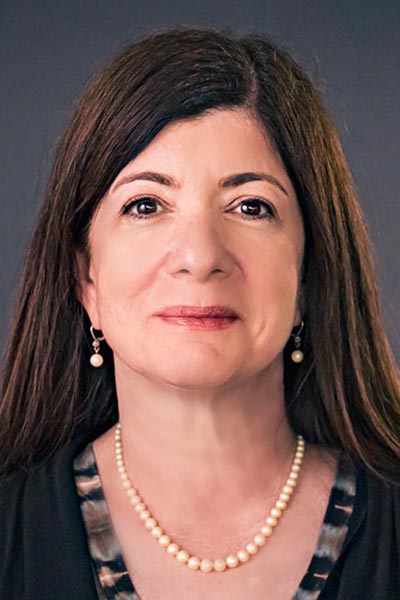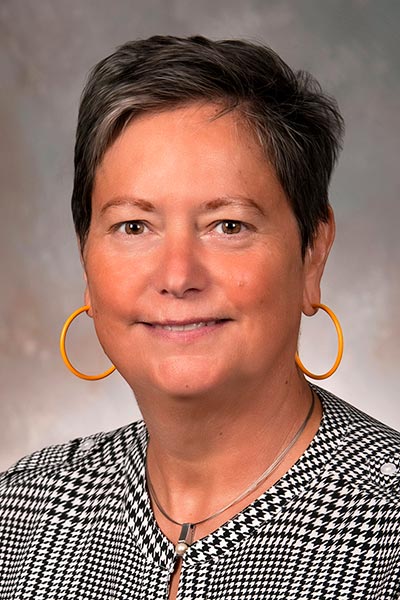
One of the goals of the Women in Chest Medicine (WiCM) Interest Group at CHEST is to support women in the pulmonary and critical care space. In speaking with women at the annual meeting and over the course of the year, we frequently get asked about how to pursue leadership positions both in the organization and at their home institutions and about the need for and importance of mentorship and sponsorship for career development. To that end, we spoke with esteemed CHEST leaders, Past President, Doreen Addrizzo-Harris, MD, FCCP, and President-Designate, Lisa K. Moores, MD, FCCP, to get some valuable insights.
Throughout her CHEST tenure, Dr. Addrizzo-Harris has held many leadership roles across the association, most recently serving as the sixth woman President of the CHEST Board of Regents in 2023. She has an extensive background in bronchiectasis and nontuberculous mycobacterial infection and medical education, and she is currently in her 23rd year as the Program Director of New York University’s Pulmonary and Critical Care Medicine Fellowship.

CHEST has similarly benefited greatly from the leadership of Dr. Moores, who will serve as President in 2027 and become the seventh woman to hold the title. Dr. Moores is an innovative proponent of medical education and serves as the Associate Dean for Student Affairs at the Uniformed Services University of the Health Sciences. She also completed more than 23 years of active service in the United States Army Medical Corps.
Both Drs. Addrizzo-Harris and Moores have generously given their time over the years to serve as mentors, sponsors, and champions for up-and-coming colleagues. Mentors and sponsors are needed for career development and advancement, and they can offer support and guidance at any level. Mentors can be content experts related to research or careers; they can be peers. Sponsors are often highly placed in an organization, can open doors, and can advocate for you behind the scenes. Both Drs. Addrizzo-Harris and Moores were passionate about the role that CHEST played in fostering the relationships outside their own institutions that became instrumental in the academic promotion process.
When asked about attempting to get involved as a leader in an organization such as CHEST or in your home institution, Dr. Addrizzo-Harris emphasized the importance of first impressions— “being available,” “giving your all,” and “delivering” when you make a commitment. In the beginning, it is important to keep your interests broad to help with personal growth and build connections. Dr. Moores added that, later in your career, “the power of saying no becomes just as important as making certain the opportunity aligns with your goals and values.” Additionally, Dr. Moores discussed the ebb and tide of a career path, explaining that there are career “seasons” when your job takes precedence and other times when your family or personal well-being comes first. She reminded us that asking for and accepting help should not trigger guilt.
For both women, a key part of their leadership success was their early career involvement that fostered interaction with a variety of committee members, thereby opening the door for future roles. You never know where a single opportunity might lead.
WiCM welcomes involvement from all CHEST members. We are looking for those who are interested in career mentorship, sponsorship for our women members, as well as those who are interested in promoting education around sex and gender differences in pulmonary, critical care, and sleep medicine. To learn more about joining the Interest Group, visit the website.
